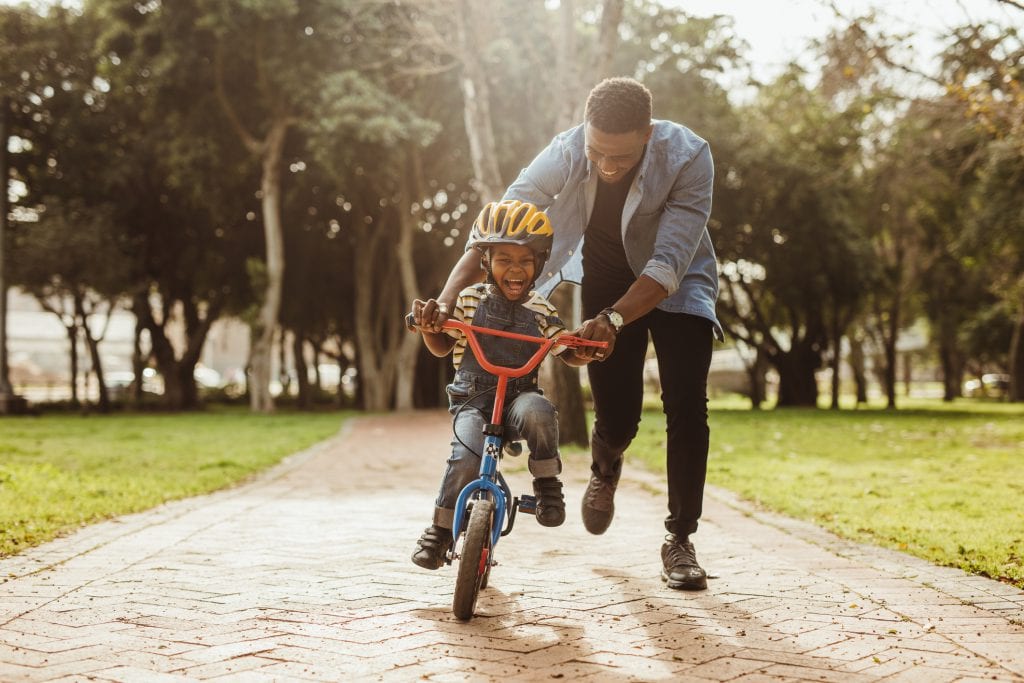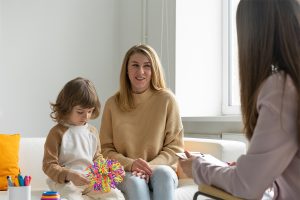The Art of Skill Building

Before becoming a Licensed Professional Counselor, I spent some time working as a behavior aid at school specifically for students with an Autism Spectrum Disorder diagnosis. One of the lessons that stuck with me from that experience is that learning a new skill was often best learned when not experiencing the situation/stressor. An example of this is that if a student had difficulty regulating emotions, deescalating when upset, staying calm, etc. we would see the most success if we practiced “taking a break” or another coping skill when the student was already calm so that it would become more like muscle memory and when they became escalated in the future and were prompted to take a break it felt more natural for them to use the skill. Essentially, our capacity to learn, retain, and recall information is best when we are calm.
Most of the clients I see now, whether it be for ADHD, anxiety, depression, etc., they are mostly triggered in regard to scenarios at school. On one hand, it is helpful for clients to be in counseling during the school year because they can discuss and process their triggers as they are happening and they learn skills that could be immediately useful to them in their time of stress. On the other hand, during the school year, most of my clients are involved in sports/activities, have weekly spiritual engagements, have tutoring, and homework all in addition to attending school. This means the students often feel they are in a state of stress, pressure, anxiety, distraction, chaos, etc. and it can be difficult for those skills to be practiced often enough in a calm setting/state of mind, and therefore their brain may not as easily recall those skills in a time of stress. The art of skill building is finding the balance of students practicing skills when they are calm and practicing skills when the incidents or stressors are occurring often.
I often remind parents that summer break is a great time to practice skills because typically the students’ stressors decrease during this time, which allow their brain and body to retain and recall information with more ease. I also believe in teaching kids that it’s okay to relax, have fun, enjoy their breaks/vacations, and just be a kid without feeling pressured to always be “working,” or “producing.” Below are 3 ways of how you can help your child practice skills over the summer while still encouraging them to enjoy summer break without all the pressure.
- Create a daily routine: You can create a routine chart for your child for the mornings or evenings that include things they would already be doing such as brush teeth, wash face, get dressed, make the bed, and eat breakfast. Then have them check off that they completed them every day. This can help your child practice creating a system/process, following directions, and staying on task.
- Use timers and create a schedule: Have your child identify 3 things they want to do that day. You may direct them in saying, “What’s one thing you want to do today to be active?” “What’s one thing you want to learn today?” “What is one thing you want to play today?” Let the child decide what is on their list so it is fun for them. If your child needs to work on transitions or time management have them set a time or a timer for their chosen activities, (i.e. “I would like to ride my bike at 9am after breakfast”, or “I would like to ride my bike for 30 minutes today.”) This can help them practice organizing, transitioning, time management, etc. They don’t need to plan/organize their entire day, just have them identify about 3 things for their list and they can play or do whatever else they’d like in-between those activities.
- Choose at least one calming/comforting activity a day: Ask your child to identify a few things that make them feel calm or comforted and have them plan a specific time (i.e. 2pm) or an amount of time (i.e. 20 minutes a day) that they will spend practicing relaxation each day. They could decide to practice several calming activities for 30 minutes a day where they do a guided meditation, then blow bubbles, and color a picture during that time, or they may choose to listen to music and journal for the full 30 minutes. Allow them to choose their own (approved) calming activities for each day so they will be more interested in practicing them, have options to pull from in the future, and be more likely to want to use them.



